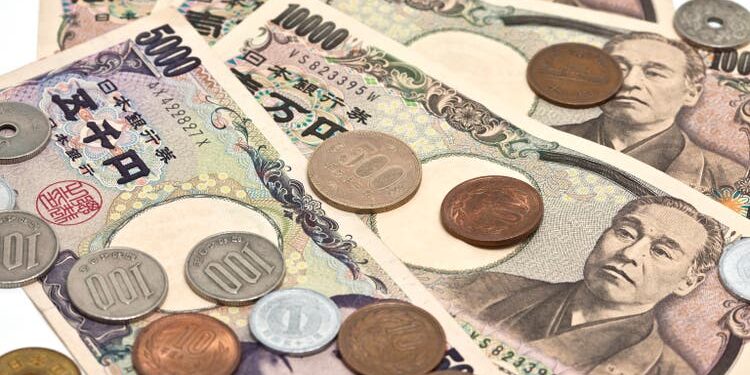The yen experienced a decline on Tuesday after President Donald Trump repeated his intention to impose significant tariffs on Japan and South Korea while the Australian dollar gained strength because the Reserve Bank of Australia maintained its interest rates.
The dollar strengthened 0.56% to 146.89 yen after Trump announced a 25% tariff starting August 1 while showing signs of extending the deadline. Japanese Prime Minister Shigeru Ishiba maintained his commitment to maintain diplomatic discussions with Washington to achieve a settlement despite ongoing uncertainties.
According to Commonwealth Bank of Australia’s Carol Kong the beginning of this situation will lead to additional news headlines. The market participants maintain their expectations about significant worldwide uncertainties.
The RBA surprised financial markets by maintaining its interest rate at 3.85% which caused the Aussie currency to rise significantly. The decision exceeded market expectations by avoiding a rate reduction and demonstrated strong economic stability.
The euro dropped 0.11% to $1.1696 against the dollar but rose 0.39% against the yen to reach its highest value in one year. EU officials predict their countries will receive exemptions from the U.S. baseline tariff rate of 10%.
The market reaction indicates that investors view Trump’s actions as strategic moves in negotiations rather than signs of an emerging worldwide trade crisis.




